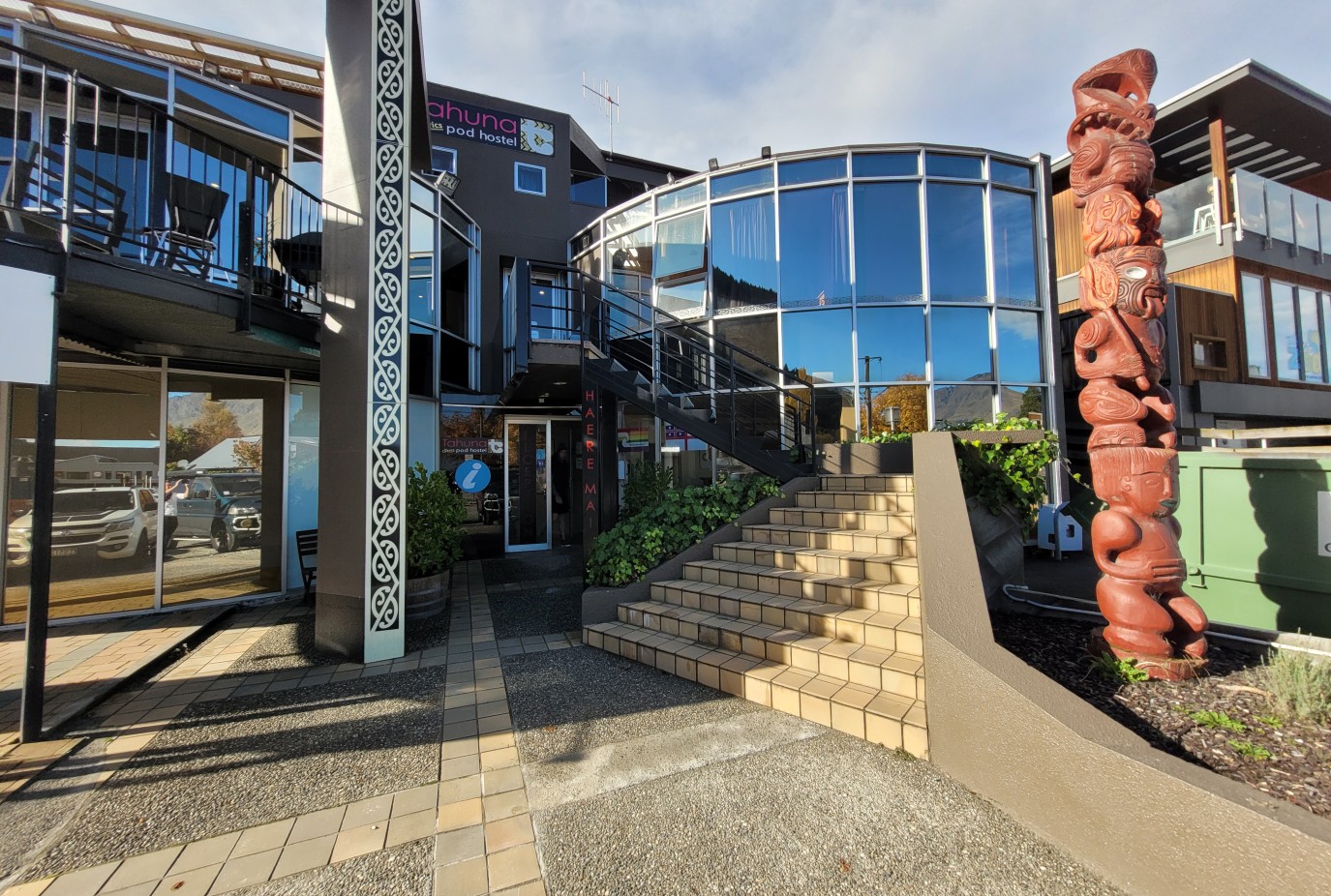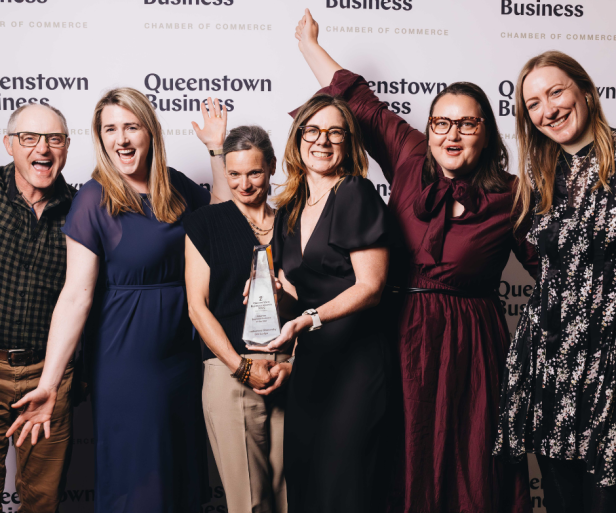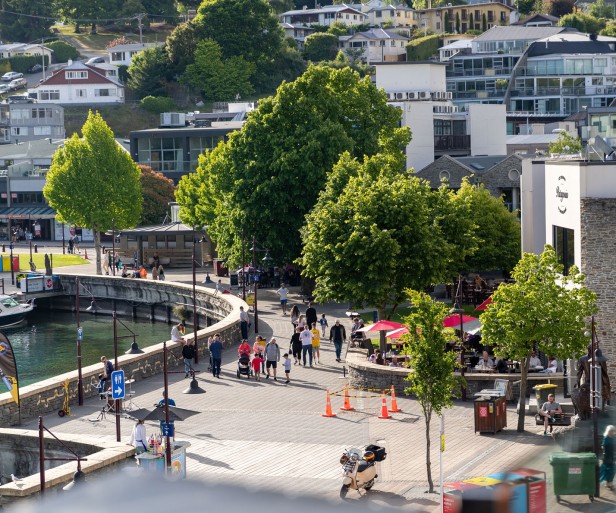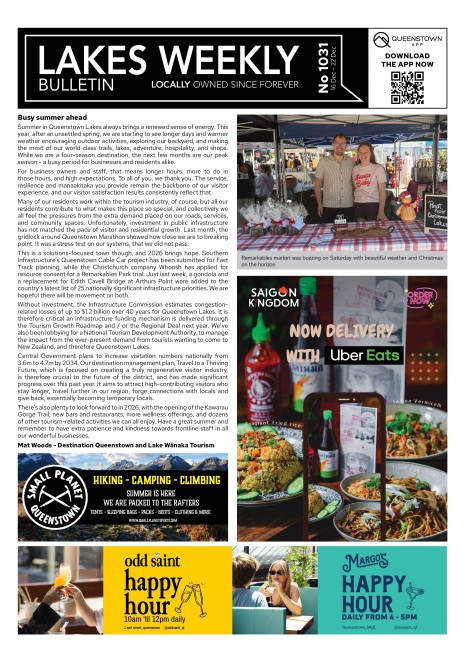Business community pushing for solutions to housing crunch

With the ski season due to get underway next month, thousands of workers are headed for the Southern Lakes region for what’s expected to be the busiest winter since 2019.
But when they arrive, they’ll find there’s cut-throat competition for the dwindling number of beds in rental accommodation, with both Queenstown and Wānaka in the grip of the worst housing crisis for decades.
Local and central government have struggled to find short-term solutions to the deep-rooted problem, so businesses are now taking it upon themselves to find work-arounds.
Many of those workers who’ve landed a job up the mountains, for example, will find their employer is also their landlord.
NZSki recently bought the Sir Cedrics Tahuna Pod Hostel on Henry St, which will house up to 80 staff who work at its skifields, The Remarkables or Coronet Peak. It owns seven other houses and is working on another development for next season, which should accommodate 40 more.
RealNZ, meanwhile, which operates Cardrona Alpine Resort and Treble Cone, has secured space for 120 staff in The Bothy Central Hostel in Wānaka. It also leases several houses and has a staff village separately for workers at Walter Peak Station, housing 50.
Downtown, Skyline is also taking the plunge, converting 20 of the rooms in its Blue Peak Lodge to house staff around 50 staff.
Chamber chief executive Sharon Fifield says with hundreds of other workers expected to take up seasonal jobs, many other businesses are becoming property managers.
“Bigger businesses are now outright purchasing accommodation, to secure somewhere for their staff, while medium-sized businesses are taking on leases,” she says. “We’re finding hospo businesses especially are doing that, renting on behalf of their staff.”
Providing accommodation for workers has a myriad of its own challenges, however, and the Chamber has been running an info series to help businesses.
“There are four key areas,” Fifield says. “There are the financial implications, the tax and all of that; the legal situation with housing staff, with regards to employment law, how you manage employment contracts versus tenancy contracts; the property management itself; and then also the wellbeing of staff, both those in business-provided accommodation and those who can’t find any housing at all.”
The Chamber is also lobbying over the residential tenancy legislation, particularly for the reinstatement of mortgage interest deductibility for landlords, which many believe has pushed property owners towards short-stay Airbnb-style letting.
Fifield believes there’s also a need for some kind of build-to-rent development or purpose-built worker accommodation, which is something Porter Group at Remarkables Park has been investigating recently.
“There are a lot of barriers to that in terms of density, red tape, and previously developers just haven’t been able to make it make financial sense. So, from a lobbying point of view, that’s something we can look at.”
Colliers director Alastair Wood says it’s difficult to make the numbers stack up for dedicated new-build worker accommodation.
“The problem is the construction cost,” he says. “You could be given the land and the build costs mean you just wouldn’t get a realistic commercial return to make it feasible.
“You’re going to need a return of much more than $300-a-room per week.”
Building costs in Southern Lakes are 36% higher than the national average.
Wood says the commercial property sector is unlikely to provide solutions to the residential crisis.
“The backpacker-style properties have been obviously attractive, and we’ve had quite a few gone into longer-term accommodation during Covid and not come back.
“But it hasn’t got to the point where it’s worthwhile converting office buildings into accommodation. We’ve seen that in other main centres, such as Wellington, with older blocks repurposed, but it’s not like we’ve got an oversupply of office accommodation in town.”
Other solutions are just as difficult to muster.
NZSki tried housing staff in Cromwell in 2016 and bussing them the 60km each day to the slopes, but it didn’t prove popular among the workforce. It now billets dozens of workers with Queenstown families, who offer up a room in their homes.
That idea is something Wānaka entrepreneur Carmen Blackler hoped would scale into a full business. Her start-up The Workforce Accommodation Network (The WAN) used tech to connect businesses to people with rooms to let.
But the business failed to take off and Blackler pulled the pin last year.
“I still believe in the concept,” she says. “We did get some traction but to run a business it has to be economically viable and the reality was there weren’t enough people willing to pay for the service, so it couldn’t continue.
The WAN was focused on rooms available in people’s homes, many of which now go on Airbnb, although she recognised, as do NZSki, that many families would prefer a single long-term tenant.
But what of the quarter of homes that, according to the 2018 census, are empty most of the year?
Blackler, like many others including Queenstown MP Joseph Mooney, believes the Healthy Homes Standard and Tenancy Act changes are acting as a disincentive to bring those properties into rental stock.
“The introduction of the Healthy Homes standard is a very good thing, making sure rental properties have proper heating, insulation and ventilation,” she says.
“But it means it would take significant capital to bring some of Queenstown’s holiday homes up to code. They’ve been used by families for many, many years, but can’t be used for tenants.
“The properties that do meet the code are multi-million properties and the people who own them don’t need the cash and want them available to use for their own purposes.”
That’s compounded by the Tenancy Act changes.
“There are very strict requirements around whether you can actually ask a tenant to leave. To be fair to the Government, they’ve tried to protect long-term tenants, to stop them being victimised, thrown out for no reason, but it’s another disincentive for people to offer up properties, and a hurdle for an economy that relies on seasonal workers, or transitional workers who may come in for a couple of years.”
Longer term, Queenstown Lakes District Council has developed a Queenstown Lakes Homes Strategy and Action Plan with central government, Kāinga Ora and the Queenstown Lakes Community Housing Trust.
QLDC’s Strategic Growth Manager Anita Vanstone says there’s the demand to double district’s the housing stock over the next 30 years, a further 17,000 homes, including 7000 affordable homes.
“The draft outcomes are affordable housing options for our community our increased, a range of housing choice exists for everyone, homes in the district, a healthy, warm, secure, and sustainable and stronger partnerships that accelerate delivery,” she says.
Her team’s remit has also been extended to look at the rental market too and it is in the process of appointing a dedicated housing officer.
QLDC has scored a recent success with the streamlined planning process approval for the rezoning of Ladies Mile from rural to urban but its bid to reign in Airbnb was dealt a fatal blow in the Environment Court.
So while long-term solutions slowly grind through the corridors of power, it will be up to Queenstown businesses to continue to provide nimble short-term solutions, or face losing staff they’ve battled to recruit post-Covid.
Last month, Nomad Safaris owner/operator David Gatward-Ferguson told the audience at the Chamber housing workshop that he’d had five hires unable to continue because they couldn’t find anywhere permanent to move locally from their hostel accommodation.
Fifield says it’s usually worse than that; people who are recruited by the resort’s under-pressure business don’t even make it to town because there’s nowhere to live.









